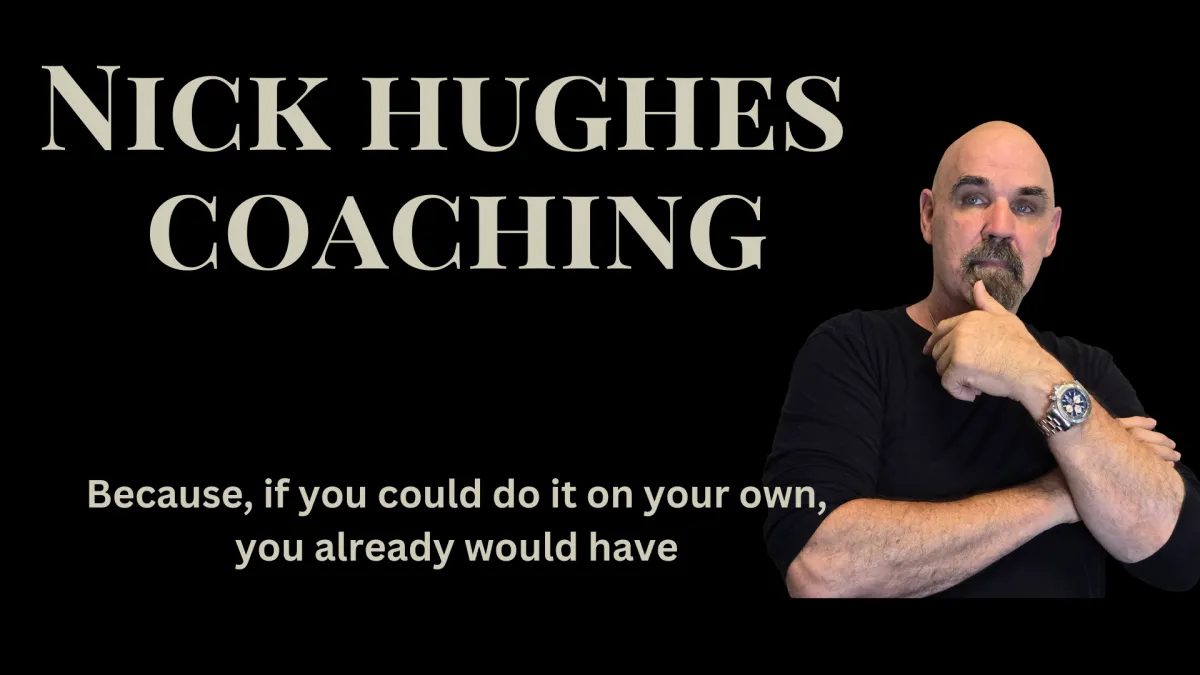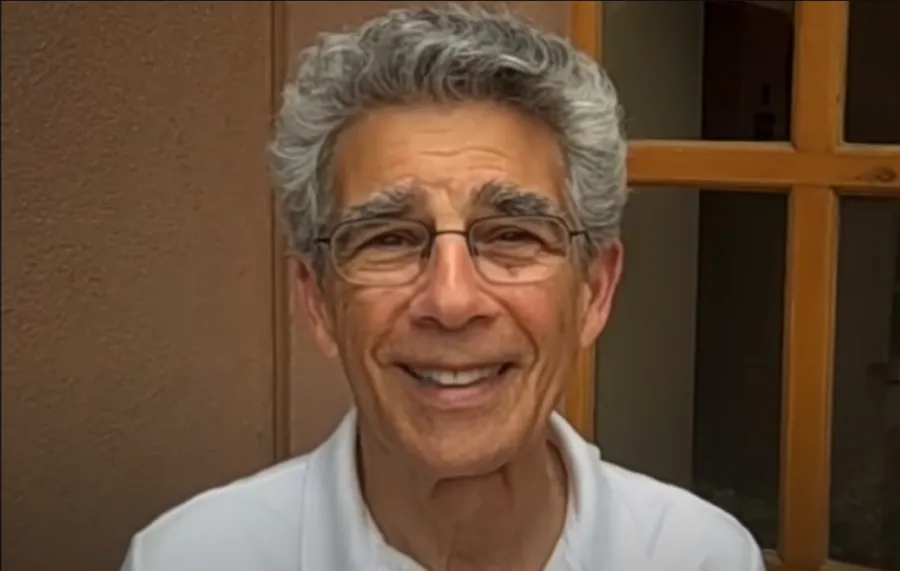
WHERE DO LIMITING BELIEFS COME FROM?
The Critical Faculty
In hypnosis, we learn about something called "The Critical Faculty." This is something that doesn't exist until you reach around seven years of age.
That's so you can learn things as fast as possible without any sort of filter. It's the same reason children believe in Santa Claus, the Easter Bunny, the Tooth Fairy, and any other imaginary beings we want to teach them exist.
Tell a 5-year-old there's a purple dragon giving out candy in the driveway, and the child will go looking, fully convinced that such a thing exists. Now, try to tell that to an eleven-year-old.

So, this can be a good thing. It certainly makes the parent's job easier when bringing their offspring up to speed. The problems begin if the programing isn't great to begin with.

Cell Phones & People
Have Something In Common
Think of it this way. We're all born and come out of the womb in much the same way a smartphone comes out of the box.
There's a slight charge, and there's an operating system. In the same way stuff is running in the background in the phone there's stuff in your background controlling body temperature, digestion, blink rate, heart beats, and cells fighting off infection etc.
So far so good but now we install the apps.
In a healthy, well-functioning family with lots of resources, those apps tend to be positive. In an environment with a single mother who turns tricks to fuel her crack habit, a string of clients coming through, siblings and friends with similar backgrounds, the apps being installed tend to be less than stellar.
Those inputs come from five sources.
Parents
Siblings
Friends
The Media
Teachers At School
Now remember, those five inputs are all happening before the critical faculty develops.
So, if the child hears "you're a loser" "you're stupid" "you're dumb" "you'll never amount to anything" on a daily basis those beliefs are being installed deep in the operating system. (This is why I use hypnosis as part of my coaching practice because it's tough to root them out with anything else)
If that same organism hears his parents arguing about money he's going to grow up with negative connotations about money. If they hear their parents saying "rich people are greedy" or "money is the root of all evil" they're going to grow up believing money is bad.
What about having a smarter sibling who's academically gifted while you gravitate more to athleticism? Every time the report cards come home you hear "Why can't you be smart like your sister?" or "You're never going to amount to anything."
How is that organism going to mature with anything but a collection of limiting beliefs.
Cultural & Societal Expectations
Cultural norms and societal standards can reinforce limiting beliefs.
For instance, a woman might believe that leadership roles aren’t available to her because of ingrained gender biases.
In many cultures, the idea of ‘staying in your lane’ is a powerful message. These societal norms can cause people to believe they’re not meant for bigger roles, even if they possess the skills.

When I was training in Sweden, I ran into this. They really don’t like individuals who try to become super successful. As one of my Swedish trainers explained, Sweden’s culture encourages humility and modesty and frowns upon self-promotion. They call the concept Jantelagen, a Nordic code that discourages people from thinking they are better than others.
Past Experiences & Failures
Your failures, negative experiences, and trauma contribute significantly to your limiting beliefs.
When someone experiences failure, it can create a belief that they are not capable, and that belief becomes a self-fulfilling prophecy. Traumatic experiences, in particular, often reinforce a belief of helplessness or unworthiness.
If you’ve failed at launching a business before, you may carry the belief that you’re not cut out for entrepreneurship, even if the previous failure had more to do with external circumstances. So sad that more people aren’t aware of this. Almost every ultra-rich client I bodyguarded has failed multiple times. They pick themselves up, learn from it, and go again.

Fear Of Judgement & Criticism
The fear of being judged or criticized by others can solidify limiting beliefs.
Many people don’t pursue goals or express their true desires because they fear what others might think. This fear, rooted in limiting beliefs, stops them from taking risks or speaking up. Look back at what I mentioned about Swedish culture above.
You may hesitate to ask for a promotion because, deep down, you believe others will think you’re arrogant or undeserving.
The Influence Of The Media and Social Media
Constant exposure to unrealistic standards through the media can foster limiting beliefs.
Social media often portrays idealized versions of life, success, and beauty, which can lead to feelings of inadequacy and dissatisfaction. People compare themselves and believe they are not “enough”—not rich enough, talented enough, or attractive enough. Everyone seems to forget that what they’re watching on the internet is some influencer’s highlight reel.
Scrolling through Instagram can leave you feeling like everyone else is succeeding while you’re stuck. This comparison trap fuels the limiting belief that you’re somehow falling behind. Teens are suffering anxiety in unprecedented numbers due to this BS.
Self Doubt & Your Inner Critic
Your internal dialogue can also be one of the most potent sources of limiting beliefs.
Self-doubt often manifests through an inner critic constantly telling you you’re not good, smart, or talented enough. Over time, you run the risk of believing these internal narratives.
If you constantly tell yourself, “I’ll never be good at public speaking,” that thought becomes ingrained, preventing you from trying to improve.
How To Break Free From Limiting Beliefs
As a transformative coach, I run into clients with many of these. There are several ways to tackle the problem, including techniques such as reframing, hypnosis, NLP, and what I learned with the Lefkoe method.
In a nutshell, we work on where the belief came from. Next, we challenge it, looking for evidence that disproves it. Finally, we replace the limiting belief with a better, more empowering one.

To Wrap Up
Your limiting beliefs are often invisible barriers, but the good news is that they can be broken. If you’re ready to overcome the beliefs holding you back, consider partnering with a coach or trained professional who can guide you through the process.
Assess
Strategize
Dominate

FOLLOW US
COMPANY
CUSTOMER CARE
ADMIN
Copyright 2026. Nick Hughes Coaching. All Rights Reserved.